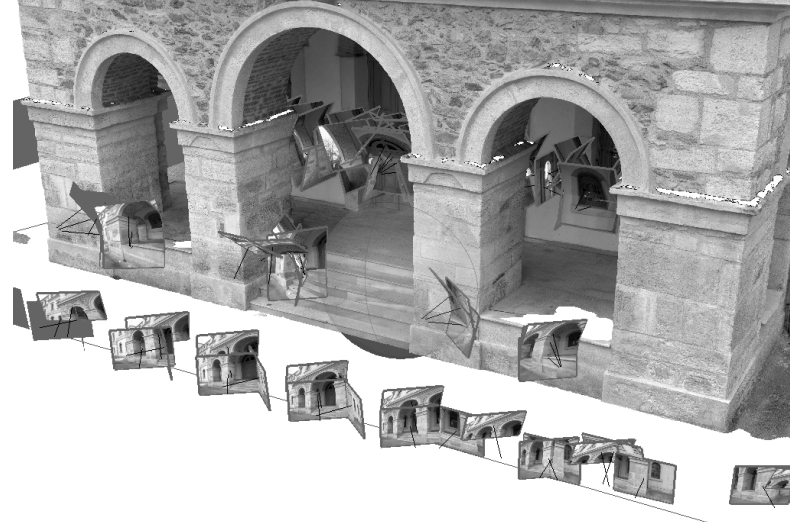
Resilient Heritage: Exploring Photogrammetry for Documentation and Preservation
20th — 22rd April
10:00 AM — 6:00PM (SGT)
3 days
Think Tank 6
12 PAX
SEVGI ALTUN
THE CHINESE UNIVERSITY OF HONG KONG
FATIH UZUN
ISTANBUL TECHNICAL UNIVERSITY
SENA KAYASÜ
ISTANBUL TECHNICAL UNIVERSITY
YUSUF HUSEYIN SAHIN
ISTANBUL TECHNICAL UNIVERSITY
NAME
DESIGNATION
NAME
DESIGNATION
The workshop responds to the urgent need for architectural documentation in order to create resilient archives of the built heritage against the complex challenges of our time. Photogrammetry-based models have become a popular, cost-effective, and accessible method for documenting the built environment. However, the models consume significant digital storage space and require processing before they can be effectively utilized. Optimizing the models is important for a sustainable documentation. For this reason, we emphasize the importance of resilience and proactive preservation strategies while teaching the basics of photogrammetry-based 3D modeling in user-friendly and fast workflows in this workshop. We will cover the entire photogrammetry workflow, from photographing objects to optimizing models. Practical sessions will encourage the participants to actively engage in the accurate documentation of built heritage, while the presentations will further explore the utilization and challenges of collected data.
Objectives
● Outlining the need for architectural documentation, highlighting the importance of accessible methods.
● Develop a comprehensive understanding of the basics of photogrammetry-based 3D modeling and the
stages involved in the process.
● Familiarize participants with popular photogrammetry software tools, providing hands-on experience and
guidance on their usage to create accurate 3D models from photographs.
● Explore the potential applications and utilization of collected data for further analysis and preservation
efforts.
● Engage in discussions on ethical considerations in architectural documentation, including obtaining
consent, data management practices, ownership and authorship of the models, and cultural sensitivities.
Hardware:
1. Digital Cameras: Participants will utilize digital cameras or smartphones to capture high-quality images for photogrammetric reconstruction.
2. Computers: Participants need access to computer workstations for hands-on exercises and data processing. Participants will use free access to photogrammetry software to create 3D models from photographs.
3. Reference Markers: The use of reference markers or scale bars will be demonstrated to enhance accuracy and scale in photogrammetric models.
4. Color Checker: We will provide the “GretagMacbeth ColorChecker” that will be used for the workshop.
Software:
1. Darktable: a free and open-source software used for photo editing and processing. Within the scope of this workshop, it will be used to optimize images with a .RAW extension for photogrammetry.
2. Agisoft Metashape: Photogrammetry software; creates point clouds and 3D models from photographs. Within the scope of this workshop, it will be used to translate physical data to a digital model.
3. ZBrush: a software used for digital sculpting and 3D modeling. Within the scope of this workshop, it will be used to reduce the number of polygons and optimize the models obtained by photogrammetry for AR. (The participants will be asked to download a 14-day trial version for the workshop.)
4. Blender3D: a free, open-source 3D modeling, animation, and rendering program. It will be used for orienting the object and “baking” the mesh maps of the source model to the representative model
REGISTRATION CLOSES 18 APRIL 2024
INSTRUCTORS
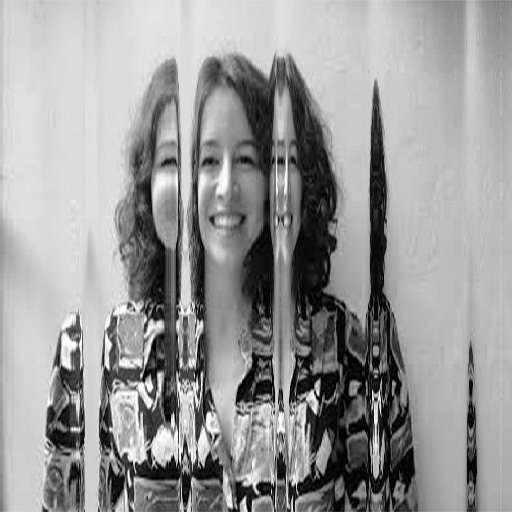
SEVGI ALTUN
RESEARCH ASSISTANT: THE CHINESE UNIVERSITY OF HONG KONG
Sevgi Altun is a research assistant at The Chinese University of Hong Kong. She holds a MSc in Architectural Design Computing from Istanbul Technical University (2023). Her research focuses on the correlation of the material construction with the design geometry and automating bricklaying through vision-guided robotic fabrication. Currently, she is working on the curriculum development for the architecture extension module of AI for the Future project supported by The Hong Kong Jockey Club. In 2020-2023, she served as a research assistant at Istanbul Technical University.
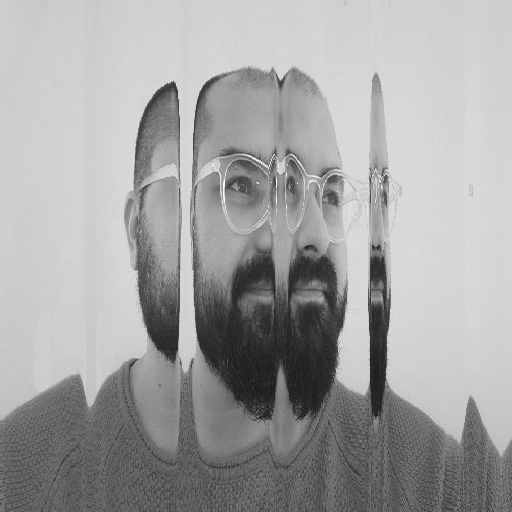
FATIH UZUN
RESEARCH ASSISTANT: ISTANBUL TECHNICAL UNIVERSITY
Fatih Uzun currently works as a Research Assistant at the Faculty of Architecture, Istanbul Technical University. He completed his undergraduate studies in the Department of Architecture at Süleyman Demirel University, followed by a master’s degree in Computational Design in Architecture at Istanbul Technical University. His master’s research focused on HBIM and the documentation of historical structures, during which he also served as a Research Assistant at the Faculty of Architecture, Gaziantep University. Currently pursuing his Ph.D. at Istanbul Technical University, Fatih has actively contributed to various research projects. His academic research areas include serious games, gamification, photogrammetry, and HBIM.
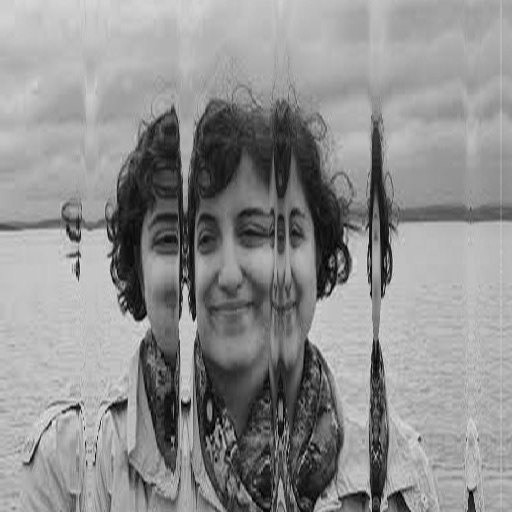
SENA KAYASÜ
RESEARCH ASSISTANT: ISTANBUL TECHNICAL UNIVERSITY
Sena Kayasü is a PhD candidate in Architectural Design Computing at Istanbul Technical University. She holds an MA in Historic Preservation Planning from Cornell University (2018). As a conservation specialist, she is currently working on an interdisciplinary research project focused on developing computational tools for historic documentation, using photogrammetry to create Historic Building Information Models (HBIM). In 2016-2018, she served as a graduate assistant at Cornell University, Department of City and Regional Planning.
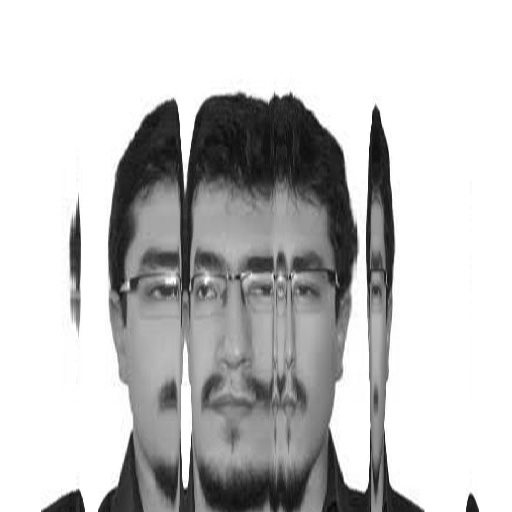
YUSUF HUSEYIN SAHIN
ASSISTANT PROFESSOR: ISTANBUL TECHNICAL UNIVERSITY
Yusuf H. Şahin is an assistant professor in Istanbul Technical University, Computer Engineering. He holds a PhD from Computer Engineering where he also served as a research assistant. He is currently working on 3D vision and point cloud analysis.

Philip Yuan
professor and associate dean, Tongji University,
Honorary Fellow of American Institute of Architecture (Hon. FAIA).
co-founder, DigitalFUTURES Association,
Editor-in-Chief, Architectural Intelligence journal
founding partner, Archi-Union Architects & Fab-Union Technology
Philip F. Yuan is a professor and associate dean of the College of Architecture and Urban Planning at Tongji University, Honorary Fellow of American Institute of Architecture (Hon. FAIA). He is also the co-founder of DigitalFUTURES Association, a global educational initiative with a particular emphasis on the latest computational design and fabrication technologies, Editor-in-Chief of Architectural Intelligence journal, and founding partner of Archi-Union Architects & Fab-Union Technology. Yuan has served as Thomas Jefferson professor at University of Virginia (2019), the visiting professor at Massachusetts Institute of Technology (2019), and Royal Melbourne Institute of Technology (2021). He has also served as council member of UIA Professional Practice Commission (PPC).
Yuan was attributed with UIA 2023 The Auguste Perret Prize for Technology in Architecture. His work has been recognized with notable awards, including 2022 AIA Open International | Architecture Honor Award, 2022 Dezeen Award Best Civic Building, 2020 ACADIA Innovative Academic Program Award of Excellence and etc.
Yuan has participated in Venice biennale, Chicago biennale, Milan triennial, Tallin biennale, etc. His works have been collected by MOMA New York City, M+ Hong Kong and Centre National d’art et de Culture Georges Pompidou.
